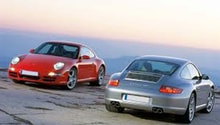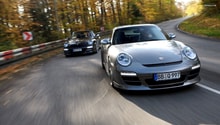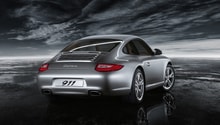Porsche 997: What is My Car Worth?
Knowing the value of your car can give you a feel for what timing is best for selling or a trade-in. It also gives you an idea of your car's depreciation or appreciation. Get to know your 997's worth by reading this simple price guide.
This article applies to the Porsche 997 (2005-2012).
The 997 really kicked things off for Porsche in the new millennium. It was faster, lighter, and more efficient than its predecessors while returning to the timeless looks of older 911s. It was Porsche's most successful 911 to date, and now that both runs of the 997 are finished, it's now entering into the used market. While not commanding prices as high as the 993, it is still seen as more desirable than the 996 which had too many visual changes for the liking of Porsche enthusiasts. Packed with modern innovations such as direct fuel injection and introducing the advanced PDK transmission, the 997 is a great car on the market.

Which 997 Best Retains Its Value?
There is a ton of variety in the 997 lineup, but there are three categories to look at in terms of power and performance. You have the standard Carrera, Carrera 4 and their S variants. These all use similar 3.6/3.8-liter engines. The second category are the Turbos which add twin turbochargers to the base engine. The third category consists of the GT3 and GT2 which are fitted with a powerful Mezger engine adapted from Porsche's Le Mans racer.
Now that you know how the 997 is divided, you can pretty easily figure out how they're priced. Next, you have to consider which generation your car belongs to. The first generation of 997s ran from the 2005 model to 2008. First generation models, being older, have depreciated the most but are also closer to the end of their depreciation. The second generation ran from 2009 to 2012 and was the first to have the 7-speed PDK transmission. Many 997 owners prefer the 997.2 for its better handling and transmission. So, 997.2s are still very high in demand and have high values. Here's a breakdown:
- The standard 997.1 will typically sell for under $50K unless it has really low mileage. This makes it a great car for someone looking to jump into 911 ownership, but it suffers from high depreciation.
- The 997.1 Turbos are very popular in the used market. They are generally priced between $50K and $80K. They are a good car to own because they're not likely to depreciate much lower than $50K.
- The standard 997.2 goes for around $60K to $80K. People looking to buy will probably opt for 997.1 Turbo instead since they are cheaper, more powerful, and less likely to depreciate in the near future.
- The 997.2 Turbos are still well above $100K. The switchover to the PDK transmission keeps these in high demand. But their similarity to the 991 Turbo means they'll likely depreciate in the near future.
- The 997 GT3s and GT2s have not depreciated much at all. Even older models still go for well over $100K, although there is a big difference between the two. GT3s will price at over $70K while GT2s will stay above $120K. The twin turbo engine in the GT2 makes all the difference.
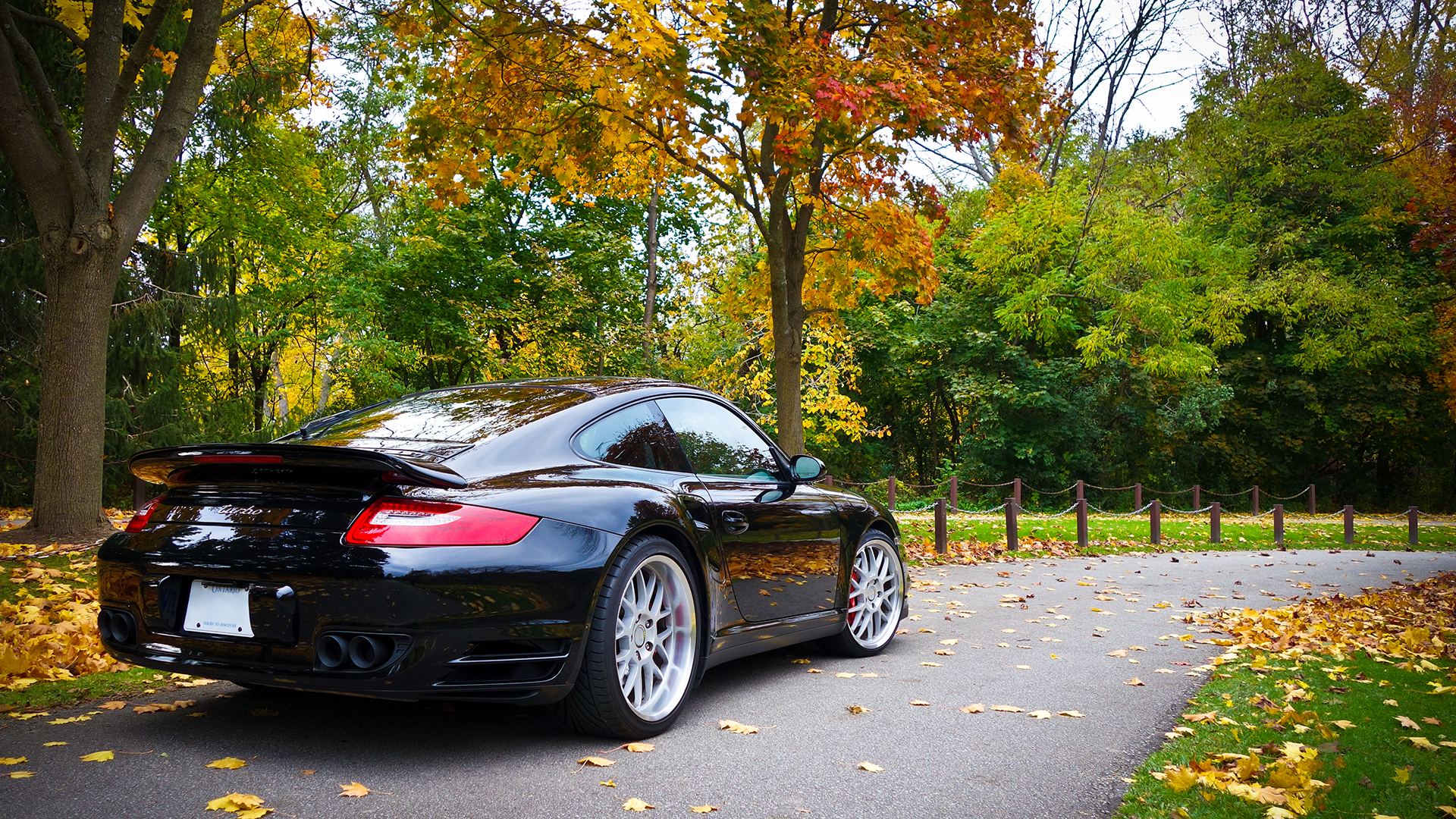
General Advice
There are a few other considerations to take besides just the model and the year. For example, due to the switchover to the PDK transmission in the 997.2 generation, 997s with manual transmissions will become increasingly rare which will give manual 997s a slight boost in value in the future. You should also consider the area you're selling in. Convertibles and targas are easier to sell in warmer climates than colder climates, while coupes can be sold anywhere.
If you're looking for an approximate value on your car, check out websites like Kelly Blue Book or NADA. Consider also your car's maintenance history and any kinds of technical problems that could affect its sale. Remember that any ideas on the depreciation or appreciation of the 997 are speculation and are not a certainty. Only time will truly tell the 997's worth.
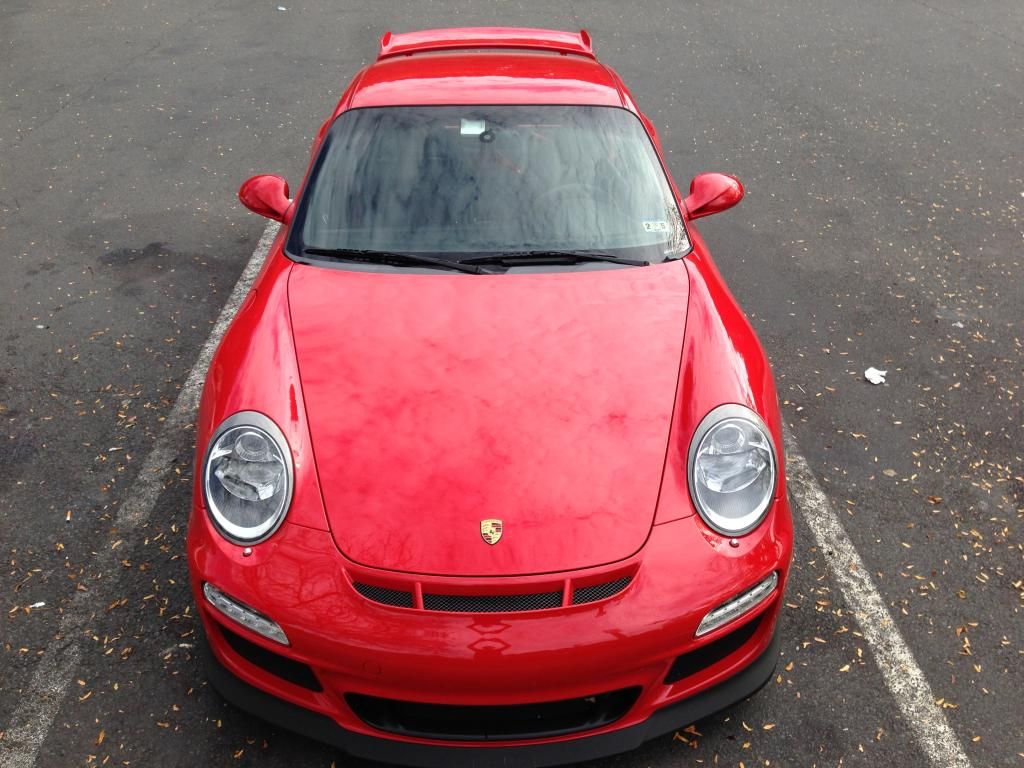
Related Discussions
- 997T Values and Depreciation - Rennlist.com
- 997S What's my Car Worth - Rennlist.com
- 997 GTS Worth the Premium? - Rennlist.com
- Trade in Value for 997 C4S Cab - Rennlist.com
- How Much More is a CPO'd Car Worth? - Rennlist.com

